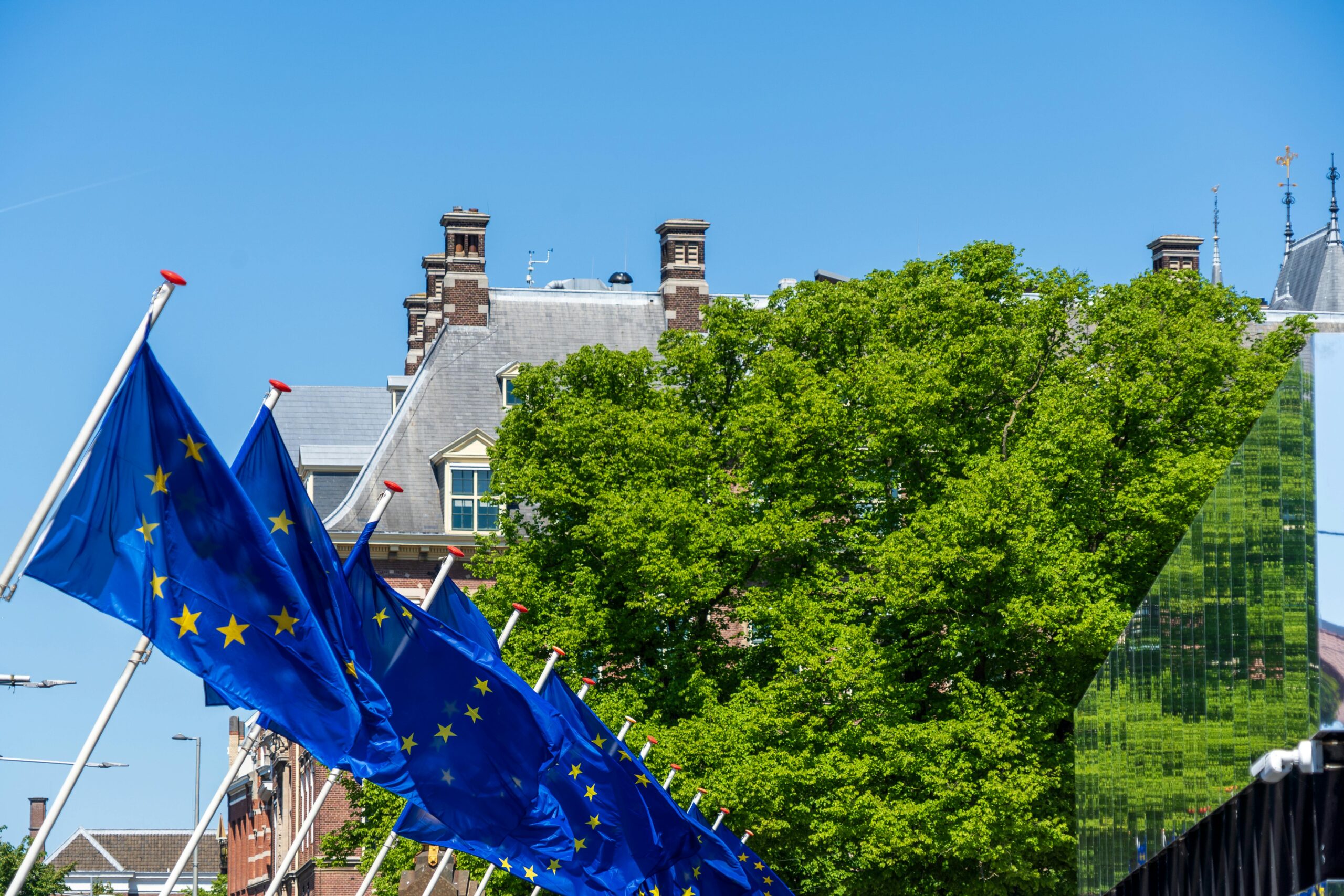On Tuesday, 6 May, the European Commission unveiled its “Roadmap towards ending Russian energy imports.” The Roadmap aims to cut European reliance on Russian oil and gas by 2027. This ambitious new strategy would effectively end Moscow’s gas sales to Europe and would also require gas companies to break ties with Russia.
The initiative is in response to Russia’s unjustified aggression against Ukraine and will come as a result of a coordinated action between the Commission and Member States under the REPowerEU Plan launched in 2022.
The plan represents a strategic shift in EU energy policy and looks towards energy security, accelerating the green transition, and reducing geopolitical vulnerabilities from EU dependency on Russian fossil fuels. Gas imports from Russia have already decreased significantly from 45% in 2021 to 19% in 2024, replaced by supplies from more reliable sources as well as increases in cleaner energy and coordinated efforts to reduce unnecessary energy use.
Unlike previous sanction packages against Russia, the new measures will not require unanimous support from EU Member States to take effect. Instead, the proposals will be advanced through mechanisms that allow for qualified majority voting, effectively sidelining anticipated objections from countries such as Hungary and Slovakia, which have traditionally resisted tougher energy sanctions against Moscow due to their domestic energy dependencies and political agendas.
EU Energy Commissioner Dan Jørgensen stated, “I hope that everybody will move forward, obviously, but if they don’t, that is also ok…That is also part of the EU, that sometimes the majority makes decisions when necessary.”
The Commission’s Roadmap marks a decisive step in the EU’s approach to energy policy, combining strategic autonomy with the EU’s climate goals. By reducing dependence on Russian fossil fuels, the EU is not only reinforcing its geopolitical resilience but also accelerating the green transition with long-term climate goals. The use of a qualified majority vote for this initiative reflects a shift towards the EU separating ties from Russia despite political resistance from certain member States. The Roadmap positions the EU to lead by example in aiming towards a more stable, independent and climate-conscious energy future.

